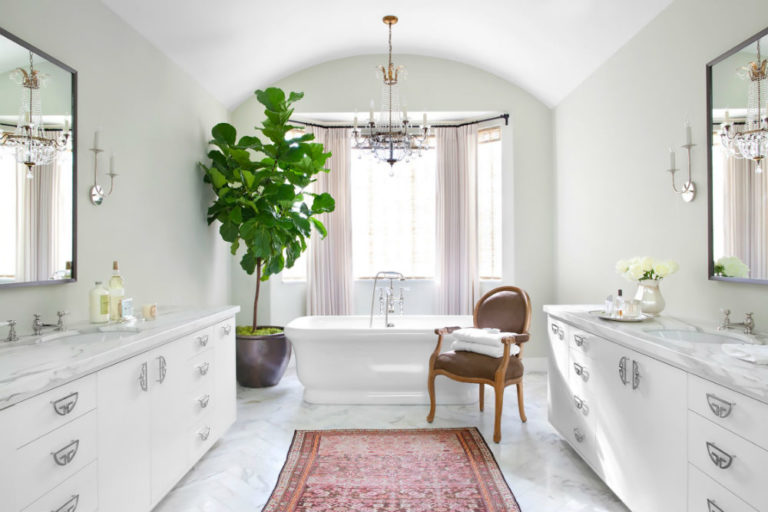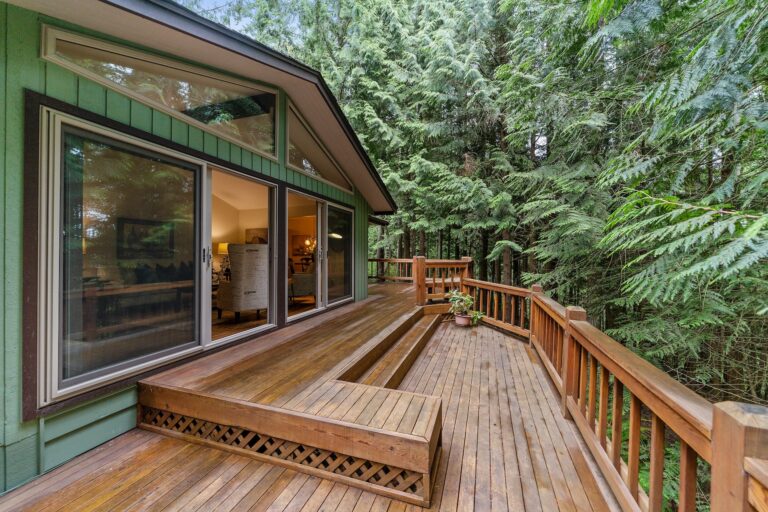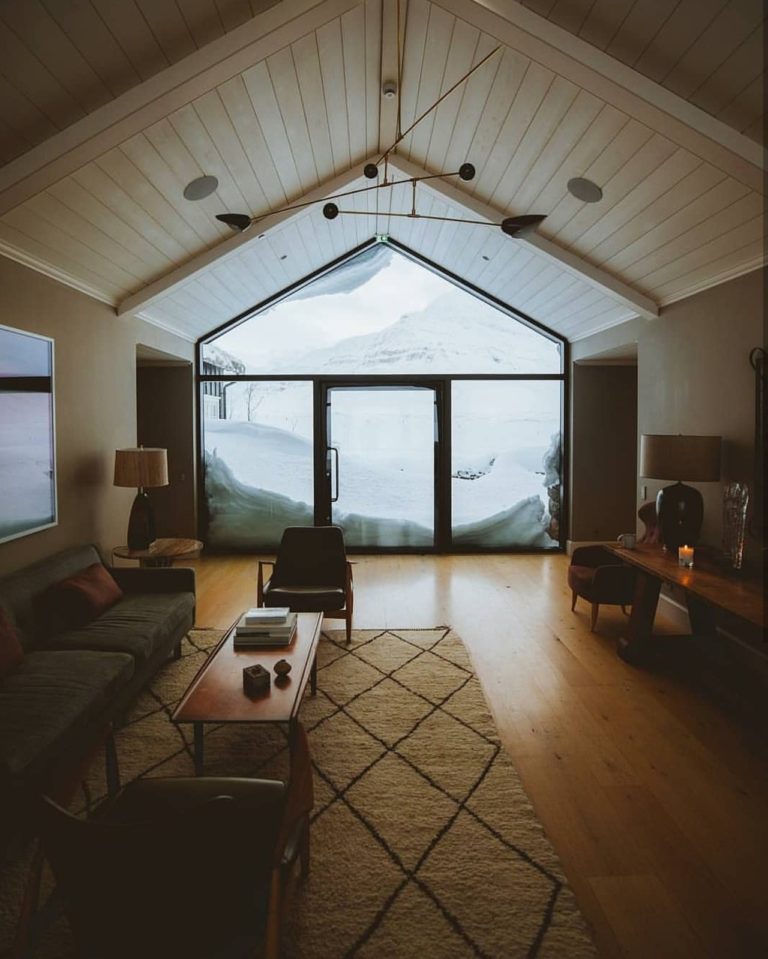Everything You Need to Know About Building an Extension
When it comes to adding value to your property, there is nothing quite as effective as an extension. The extra floor space offers so much in terms of potential, from an extra bedroom to a living room, and is one of the best ways to improve the function, space, and value of your home. What might be holding a lot of you back from investing in an extension is the effort and lack of knowledge on how to proceed. For these reasons, this is why you should follow this simple guide to help you understand the basics of building an extension to help you get started:
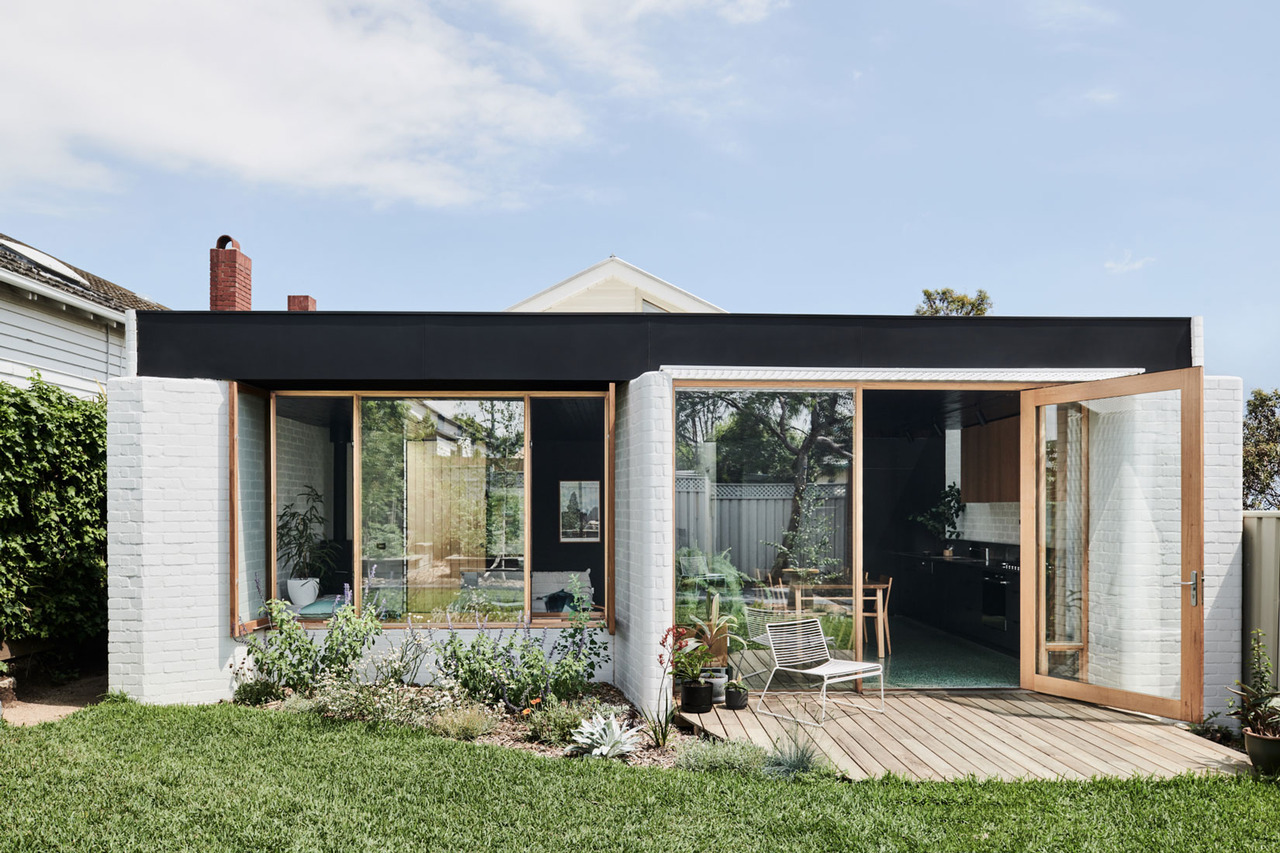
Types of Extensions
There are several kinds of methods where you can extend the space of your home. You can convert existing space with a loft, basement, or even a garage conversion, or you can add a true extension to your home. The right extension for your property will depend on your home, your budget, and what you need the extension for. Adding an extra room downstairs won’t help you if your goal was to add another bedroom, for example.
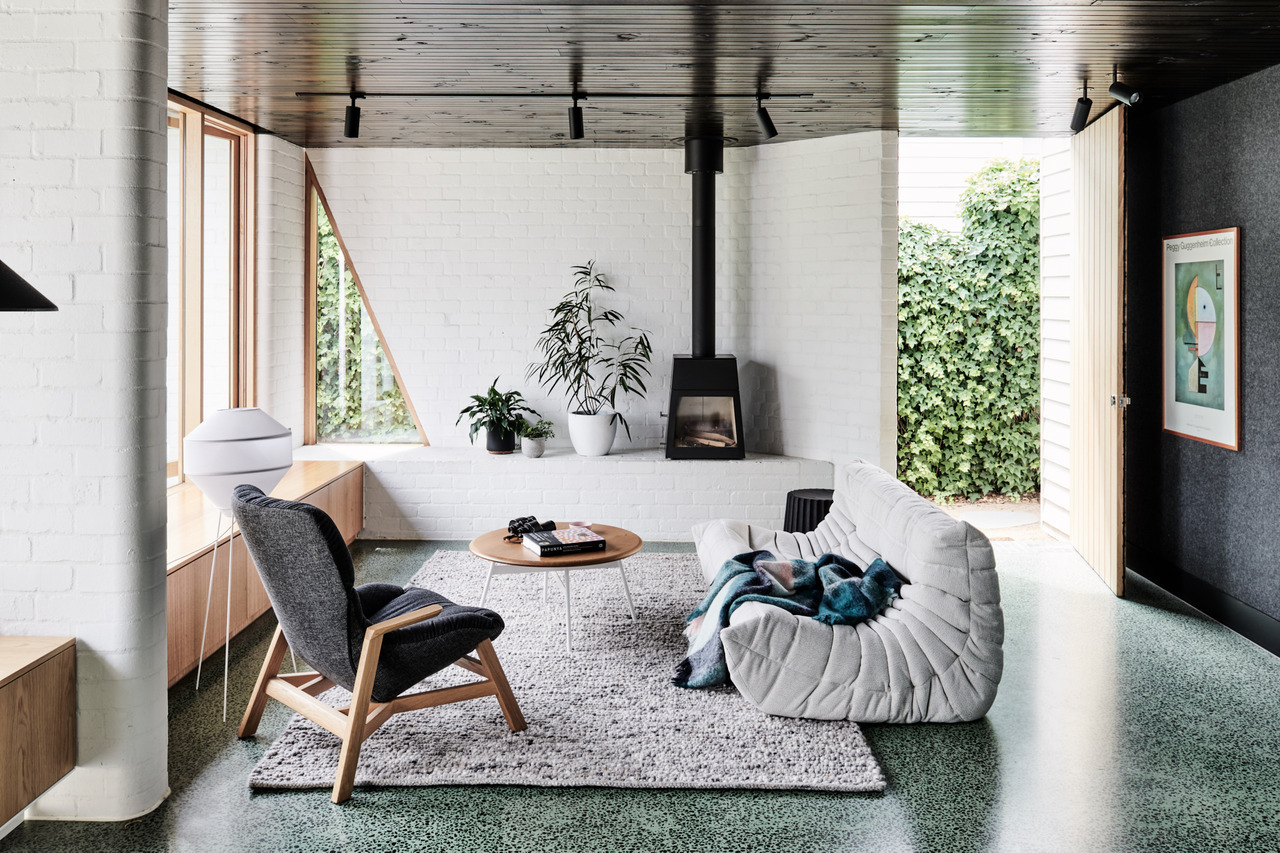
Must Be Approved First
All structural changes to your home should have their appropriate planning permissions. Essentially, if your renovations change the exterior or your property, you will need to get it sanctioned. Not only do you need the permission from the government, your neighbors will need to agree on it as well, as some properties have specific rights written into the deed that protects their right to light, air, or view. This right is more relevant in urban areas than in rural ones, and as such, it is advisable that you get a specialist lawyer to help you ensure your extension is lawful before you begin.
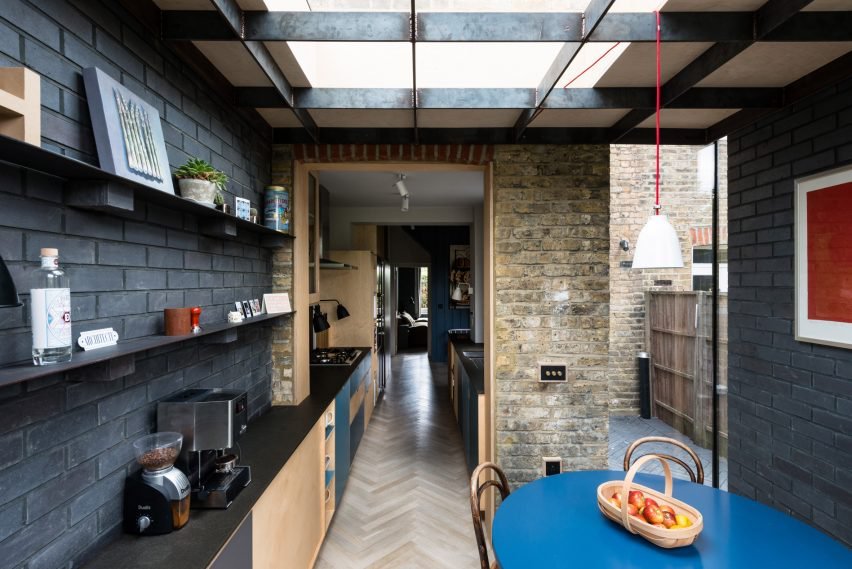
Tips for Hiring
Once you have the proper planning permissions for your chosen extension, it is time to start hiring. You will want to hire a specialist based on the specific design choices you have made. For instance, if you want to add an extension to your property that would act as a garage, you will want to find professionals who specialize in flat roof installation. If you are opting for a cellar conversion, find someone who is experienced in that area, and so on. Always ensure your builder has relevant experience in your type of conversion or extension. Just because they know how to convert a loft doesn’t mean they know how to convert a cellar.
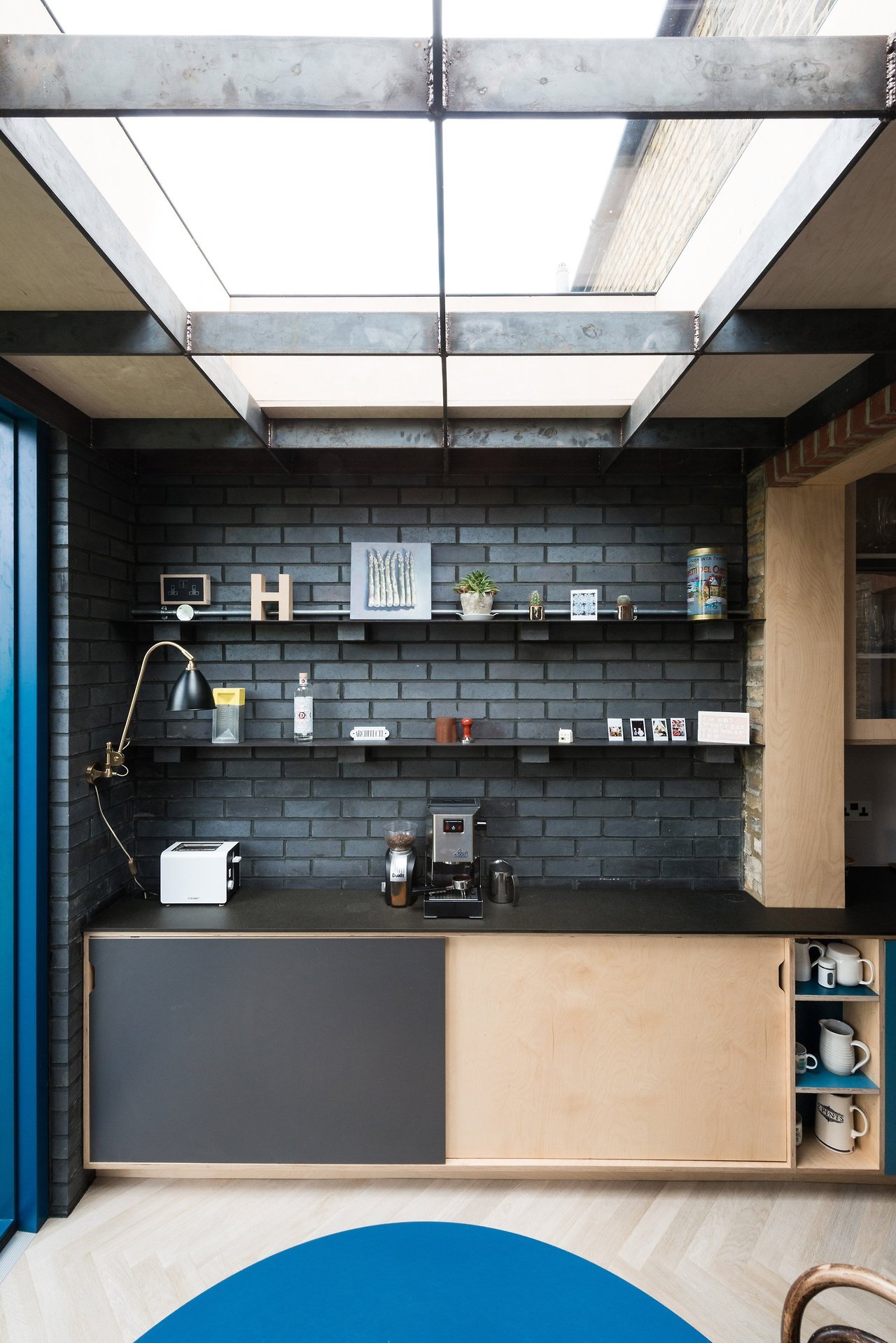
Tips on Ensuring the Space is Used
One of the biggest wastes of money is to splurge on an extension and then never get around to using it. This might seem like an impossibility, but it happens often with conservatories or screened-in-porches, as these typically require a door between your home and your extension. In order to ensure you use the space often, you have to make it comfortable, and you have to add purpose to it. An extra bedroom will be used, whereas a dining room when you already have a kitchen table might not. Be very realistic with what you need before you start your project to ensure you are making the right decisions for your property.
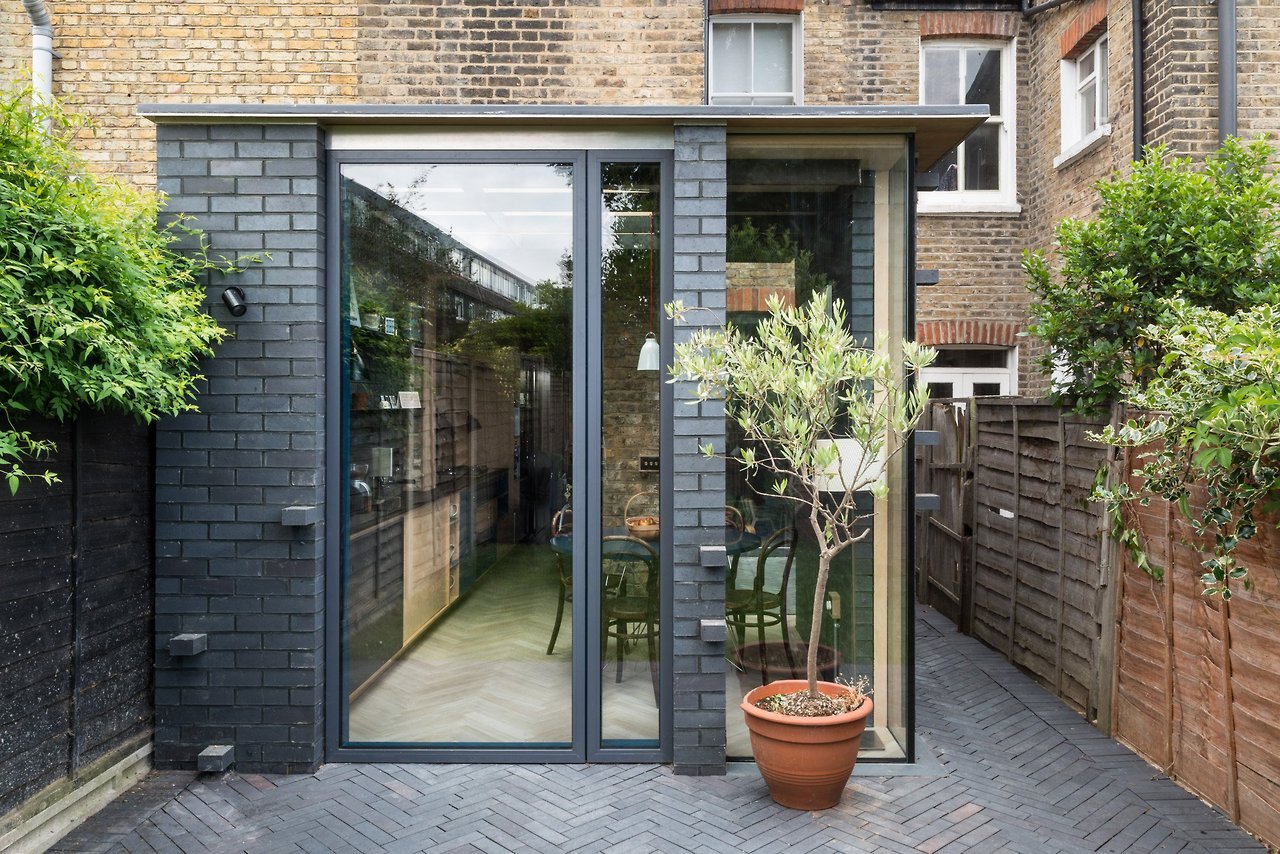
Extensions are great ways to add floor space and function to any home, but you need to make certain that it is necessary before you begin. If you have just moved in, wait a few months to see how you live within the space, and then make your decision from there.


